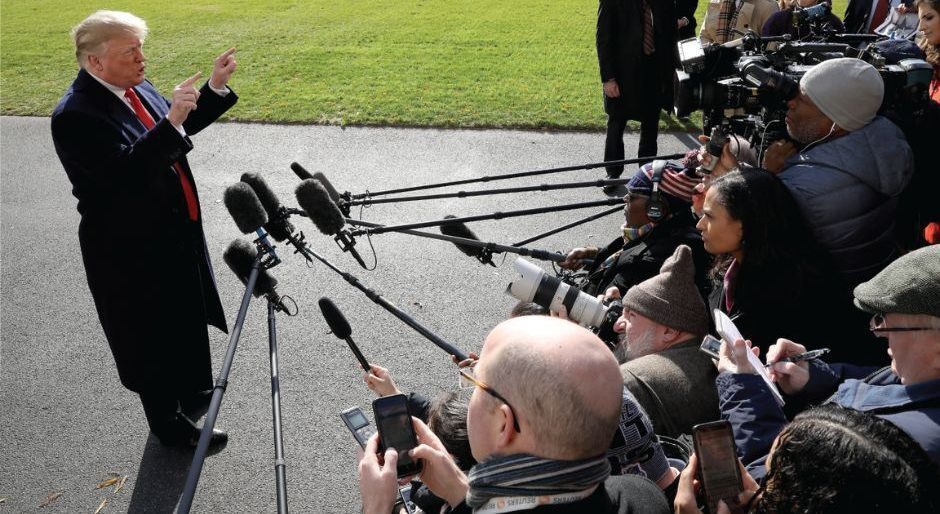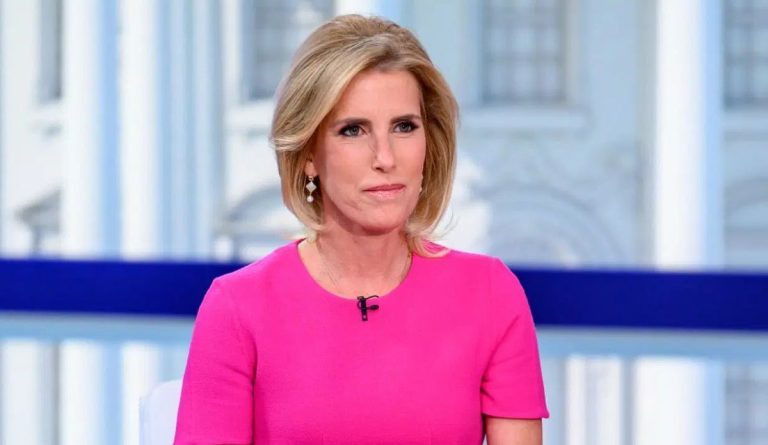Renowned legal scholar and Harvard Law professor emeritus Alan Dershowitz weighed in this week on the growing controversy surrounding transgender participation in high school sports and President Donald Trump’s recent threat to withhold federal funds from California.
In an interview with SiriusXM’s The Megyn Kelly Show, Dershowitz suggested that if the dispute between California’s policies and federal directives reaches the Supreme Court, the justices may side with the federal government—especially if due process is followed.
“When a state law contradicts a federal mandate, the Constitution is clear. Under the Supremacy Clause, federal law takes precedence,” Dershowitz explained.
This statement followed a firestorm sparked by a recent high school athletic event in California. Sixteen-year-old AB Hernandez, a transgender girl and junior at Jurupa Valley High School, qualified to compete in the girls’ state championships in track and field. Hernandez’s top rankings in events like the triple jump and long jump have made the student-athlete a flashpoint in the national conversation over fairness and inclusion in school sports.
President Trump responded on his Truth Social platform, blasting California Governor Gavin Newsom’s administration for allowing Hernandez to compete against female athletes. Trump called the policy unfair to biological girls and warned that the federal government could freeze certain funding streams to the state as a result.
“It’s a complete disgrace. We will not allow federal dollars to support this kind of injustice,” Trump posted, referring to what he called a “betrayal of girls’ sports.”
The California Interscholastic Federation (CIF), which oversees high school sports in the state, recently implemented a “pilot entry process” to address the controversy. This process allows additional female athletes who narrowly missed qualifying to also compete at the state level. Officials said this change was meant to ensure competitive balance without excluding transgender students from participation.
But not everyone agrees the solution is fair. Critics argue that transgender athletes—particularly those assigned male at birth—may have physical advantages over their female peers, making competition uneven. Supporters counter that denying participation to transgender youth would amount to discrimination and violate their civil rights.
The federal government, for its part, has initiated a Title IX investigation into California’s policy, probing whether it complies with federal standards designed to prevent sex-based discrimination in education and athletics.
Megyn Kelly asked Dershowitz during the interview whether Trump’s threat to cut federal funds had legal standing or was simply political theater.
“Can he actually follow through on this threat, or is it just a strong statement aimed at swaying public opinion?” she asked.
Dershowitz responded by pointing to the constitutional framework governing federal and state power.
“If the administration follows proper legal channels and connects the withholding of funds to specific violations of federal law, the courts—especially the Supreme Court—are likely to side with the federal government,” he said. “The Constitution doesn’t allow states to simply ignore federal authority.”
He further noted that cases like this often become less about the specific issue—transgender athletes, in this case—and more about broader legal principles like federal supremacy and procedural fairness.
“You don’t have to agree with the policy to understand the legal structure. The courts will focus on whether the federal government acted within its legal rights, not whether people support or oppose trans athletes in sports,” Dershowitz added.
While the Supreme Court has not yet addressed this specific conflict directly, similar legal battles have arisen in the past over federal funding, civil rights, and state compliance with federal rules. In many cases, the courts have upheld the federal government’s right to tie funding to specific conditions, so long as those conditions are clearly stated and legally justified.
Supporters of Trump’s position say federal funds should not go to states that, in their view, undermine fairness in women’s athletics. They argue that public trust in school sports depends on maintaining a level playing field.
Opponents, including many LGBTQ+ advocates, warn that cutting funding could harm students and schools more broadly and that transgender youth are being unfairly targeted in a political debate.
California officials have not publicly responded to Trump’s threat but have previously defended their inclusive policies as being aligned with both state law and educational equity standards.
The issue has intensified already-heated national discussions around gender identity, athletics, and the role of government in shaping social policy. As with many culture war issues, opinions are sharply divided.
Some legal experts believe this case—or one like it—is likely to reach the Supreme Court within the next few years, especially as more states and the federal government take opposing stances on issues involving gender and education.
For now, Dershowitz’s assessment adds legal weight to the conversation: federal authority may ultimately prevail, but only if it’s exercised carefully and lawfully.
“Whether you agree with Trump’s approach or not,” he said, “the legal tools are there—if used properly—to enforce federal standards. The key is not just what you do, but how you do it.”
As the state finals take place and debates rage online, all eyes remain on whether this dispute will shift from track fields to courtrooms—and ultimately, to the Supreme Court.









